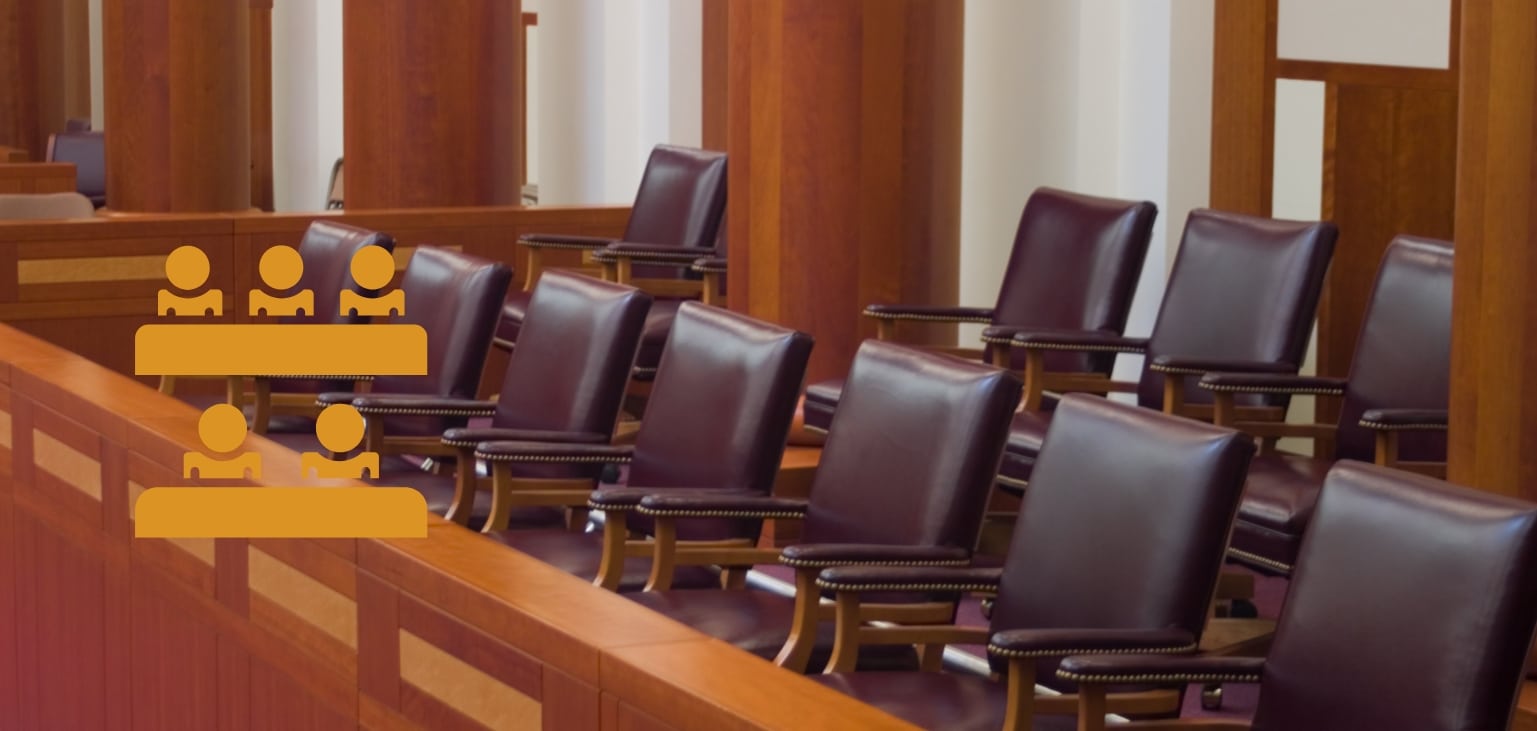The Jury System in NSW: Role, Function and Importance
The jury system is a cornerstone of the criminal justice system in Australia. In Sydney, as across NSW, juries involve ordinary citizens in criminal trials, promoting transparency, fairness and community standards. This overview explains how juries are formed, what jurors do, and why the system matters in NSW criminal trials.
The Composition of the Jury
Criminal trials heard in the District Court or Supreme Court of NSW typically involve a jury of twelve, although this number can be reduced in some circumstances. Jurors are randomly selected from the electoral roll to reflect a cross-section of the community. Random selection supports the principle that an accused is judged by peers. For practical information, see Service NSW: Jury service.
The Role of the Jury
The jury decides whether the prosecution has proved the charge beyond reasonable doubt, based only on the evidence and the judge’s directions on the law. Key functions include:
- Evaluating evidence: assessing witnesses, exhibits and expert opinions for credibility and relevance.
- Applying the law: following the judge’s instructions on legal principles and elements of offences.
- Deliberation: discussing the case in private to reach a verdict. See our guide to NSW criminal court procedures.
- Verdict: returning a verdict that is beyond reasonable doubt for guilt, or not guilty if doubt remains.
The Responsibilities of a Jury in Sydney Criminal Trials
Assessing evidence: Jurors weigh credibility, consistency and plausibility of testimony and documents.
Following legal instructions: Jurors apply the burden and standard of proof and the legal definitions provided by the judge.
Deliberating in seclusion: Jurors discuss the case thoroughly, remain impartial and maintain confidentiality.
Rendering a verdict: NSW trials generally require unanimity, though majority verdicts can be permitted in some circumstances under the Jury Act 1977 (NSW).
Adhering to court orders: Jurors avoid external influence, media and unauthorised discussion, attend court punctually and remain attentive.
Post-verdict: Deliberations remain confidential. The verdict is announced in open court and the matter proceeds to sentencing if the verdict is guilty. For more on what happens next, see what happens in criminal matters.
The Importance of the Jury System
- Ensuring fairness: An impartial group helps guard against bias and abuse of power.
- Enhancing legitimacy: Community participation increases public confidence in outcomes.
- Promoting civic engagement: Jury service is a direct way citizens contribute to justice.
- Reflecting community standards: Diverse perspectives help align decisions with contemporary community values.
Challenges and Criticisms
Common concerns include complex evidence, potential bias, media influence and the stress of long trials. Courts address these through careful directions, juror support, and managing publicity. Judges provide structured guidance and may allow aids for complex evidence. If you are called, the NSW Juror Portal offers preparation resources.
Deliberation Process
Deliberations occur in private. Jurors analyse the evidence against the legal elements, consider each view and aim for agreement consistent with the standard of proof. Where unanimity cannot be reached, the law may allow a majority verdict in limited situations. For tailored advice if you are an accused person, contact our criminal defence team or call (02) 8806 0866. You can also read about the NSW criminal court list.
Speak to a Lawyer Today
If you face charges in NSW, early legal advice is critical. Our solicitors appear daily in the District and Supreme Courts and can advise on jury elections, case strategy and trial preparation. Contact Jameson Law or call (02) 8806 0866 for a confidential discussion.













